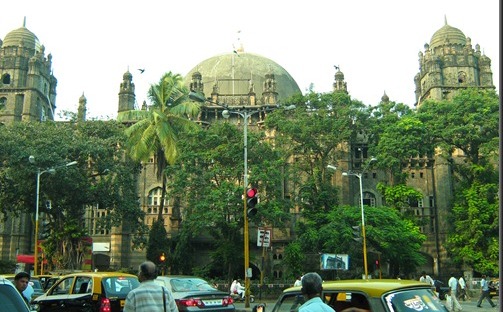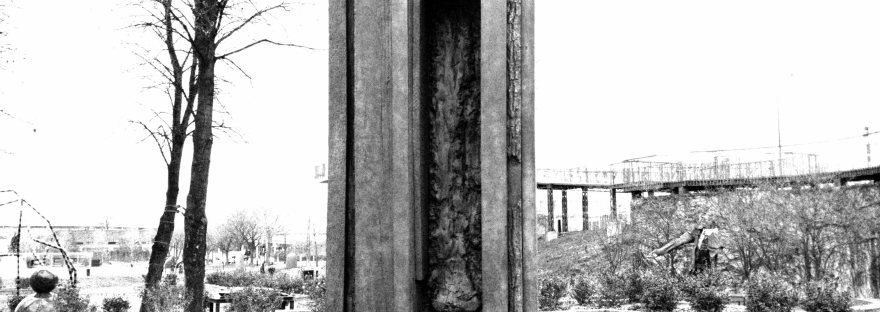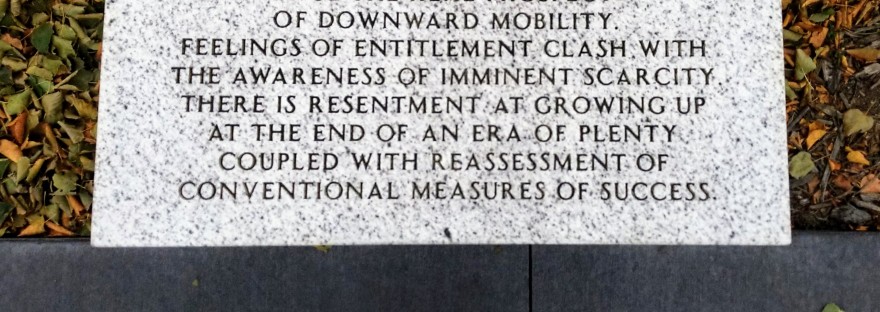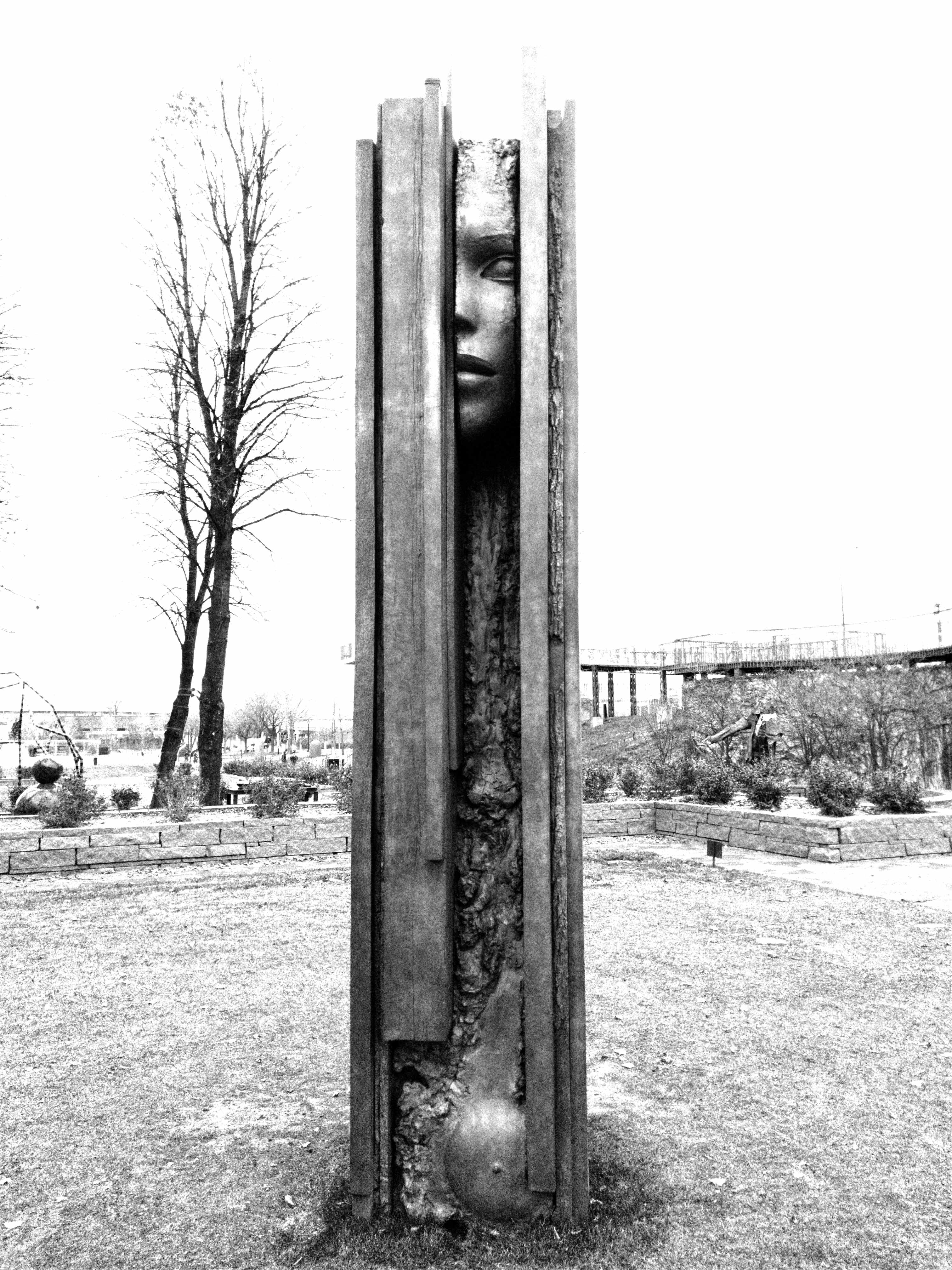Golu, after having fought with his mother, had ran away from home and loitered in the bazaar across the river. The narrow, crowded lanes of the bazaar allowed nothing but humans in it – even the daylight never pierced through.
It was noon when Golu had entered these lanes and got lost in them. People from villages, who follow the Sun and stars, often find themselves lost in the artificial world. Golu was unaware that it was almost four in the evening until he heard a shopkeeper tell time to his customer. Golu was now nervous and hungry. He was also missing his mother.
After few more minutes of trying to find his way out of the market, Golu asked a man for the way towards the metal bridge. With an indifferent tone, the man replied that Nepal had released water for one hour from its dam on the Baghmati river, which washed away the bridge an hour ago.
The metal bridge, built in 1886 by the British, was the only thing that allowed people to walk across the Baghmati from Golu’s village. People, who could afford five rupees, also used the services of Majhi, the boatsman, to cross the river on a wooden boat. Another bridge, next to the metal one, was built in 2012 with the latest technology and concrete. But, the latest technology didn’t last even one rainy season. The engineers had advised against using the bridge for about a month. Still, Mantri ji was just too eager to dedicate the bridge to the public as the elections were near. He didn’t want another person to have the joy of public service.
Just a day after the bridge’s inauguration, a giant truck filled with concrete for Mantri ji’s farmhouse passed through and the bridge, with its pillars still wet at its core, collapsed. Thus, the people of Bujhari, Golu’s village, were left with only metal bridge that the British built.
The concrete on the trailer that sank the bridge was now a part of Bhaghmati’s benthos which infuriated mantri ji. An inquiry was commissioned to find the reason for the collapse of the bridge. Eventually, the Assistant Engineer of the Public Works Department was reprimanded publicly, the contractor’s firm (not the contractor) was blacklisted, mantri ji got re-elected, but another bridge was never constructed. Though, the promise to resurrect the fallen bridge was always made during the election rallies.
Golu, upon hearing about the collapse of the metal bridge, wanted to cry but then he reminded himself that he was 10 years old and grown-up kids like him shouldn’t shed tears. He now headed for the boat. The Sun was long gone, and it was getting dark. Upon reaching the ghaat, from where the boat ferried its passengers, Golu could see that a lot of people were waiting to get across. Obviously, the bridge was damaged, and the boat was the only means to cross the river. Sensing the opportunity, Majhi had raised the price from five to ten rupees to ferry the people. Humans are great at sensing opportunities; most grab a chance to profit while there is also an opportunity to serve.
Golu approached the boatsman and requested him to take across. But the boatsman frowned upon knowing that Golu had no money to offer. Golu began crying. Seeing this, the boatsman offered to ferry him on his last trip if there was space left. So now all Golu had to do was wait.
The river water had subsided, but it was still muddy from the flood. Golu glanced over to the other side of the river. His village was so close to him, yet so far. Golu could shout, and people over the other side could hear him, but that wasn’t enough to make him reach home, where his mother was wailing and had gathered women from the entire village to mourn. Golu was nowhere to be found, and somebody had spread a rumour that a child, looking exactly like Golu was seen drowning in the Baghmati’s flood.
Golu, unaware of the chaos at his house, turned away from the river to find a place to sit and wait for the Maajhi’s last trip. On the river banks was a middle school with large, weed-infested ground in front of it. There was no compound wall but a pair of concrete entrance pillars with arched signage on top of it saying, “Government Middle School.” There was also a short wall beside the left post. The wall was barely 5 feet tall and 3 feet wide, but it was good enough to hold a polished granite slab that mentioned that the Mantri ji, with his lotus-like hands, had laid the stone of the compound wall of the school. The documents locked in the almirah in the Headmaster’s office clearly mention that Mantri ji had sanctioned 500,000 rupees to construct the compound wall, and its work was completed satisfactorily. However, Golu could find no such wall to sit on. There was never a wall. But if one asked the Headmaster, then he very conveniently blamed the villagers for breaking the wall to steal its bricks. It is, however, weird that people did not steal the granite slab. They say that truth never dies, and the piece of the wall with granite slab was screaming truth, but it seems that the justice system is deaf. It is my belief that the justice system isn’t blind. It can read the government files and their notations, but it can’t hear the screams of the poor. So it must be deaf and not blind.
Since Golu was taught to respect political leaders, he did not sit on the wall bearing the marble slab. Golu entered the school grounds where buffalos were feeding. These buffaloes and Golu were from the same village.
Golu’s village was densely populated and had no foraging grounds, the owners of these buffaloes would send them across the river to feed. The buffaloes were smart, contrary to what people mostly believed, and could swim across the river, remain with their herd, feed entire day, and when their owners hollered from across the river, the buffaloes would lazily swim back to their homes. Golu started plucking the grass and fed them to the buffaloes playfully. Playing with the buffaloes made Golu forget about his hunger, his mother, and about the last trip of the boat that he had to catch.
Golu’s play was only interrupted by the whistles of a man from the other side of the river. Listening to the whistles, the buffaloes stopped accepting Golu’s grass and got up to cross the river. Suddenly, Golu too realized that he had a boat to catch. He ran towards the Ghaat, but there was no one. Golu could see the boat moored on the other side of the river. Now there was nothing that could stop Golu’s tears. He cried. He called his mother, just the way his mother was calling him, somewhere on the other side of the river. There was no one to see him or watch him cry, so he let his tears out.
Golu was sorry for not listening to his mother. He wished that he had not ran away. He wished he had never fought with his mother. He wished he was on his mother’s lap – hidden. Golu sat down and watched buffaloes wading into the river and swimming towards the other side. He watched them fade away into the darkness and felt loneliness creeping in. He was not hungry anymore. Sadness is the worst – it fills up every pore and cavity in a human, including the stomach. Then, a buffalo went past and hit him with its tail. As if that tail had spoken something to Golu. The boy wiped his tears, started smiling, and climbed atop the giant water buffalo.



 as not good enough for the real world. So, I invested in skills such as public speaking, academic writing, learning statistical and photography software. I took extra field projects and published more than 11 research articles in reputed international journals. I had served my time, and it was my turn to raise my head and look around where I was. I found myself standing on a raised platform in the middle of recruiters. With all the gold medals and trophies in my hand, I shouted, advertised, tried to sell myself hard. All I needed was one look from someone who would value not my achievements, but the symbolism behind them. Gold, once cast into a medal, does not represent a precious metal from the periodic table, but signifies the honor of its owner. I needed someone to appreciate that, approach me and understand that although I do not have any experience with a real job, I have what it takes to excel in the toughest conditions. A doctorate is not just a certificate of completion of a long research project, but it is a proof of mental determination to achieve excellence, and we need people outside academia to realize this. On the contrary, I found myself at my cousin’s wedding with ‘Dr.’ before my name, avoiding that one question after every customary Congratulation – “so when are you getting a job?”.
as not good enough for the real world. So, I invested in skills such as public speaking, academic writing, learning statistical and photography software. I took extra field projects and published more than 11 research articles in reputed international journals. I had served my time, and it was my turn to raise my head and look around where I was. I found myself standing on a raised platform in the middle of recruiters. With all the gold medals and trophies in my hand, I shouted, advertised, tried to sell myself hard. All I needed was one look from someone who would value not my achievements, but the symbolism behind them. Gold, once cast into a medal, does not represent a precious metal from the periodic table, but signifies the honor of its owner. I needed someone to appreciate that, approach me and understand that although I do not have any experience with a real job, I have what it takes to excel in the toughest conditions. A doctorate is not just a certificate of completion of a long research project, but it is a proof of mental determination to achieve excellence, and we need people outside academia to realize this. On the contrary, I found myself at my cousin’s wedding with ‘Dr.’ before my name, avoiding that one question after every customary Congratulation – “so when are you getting a job?”.